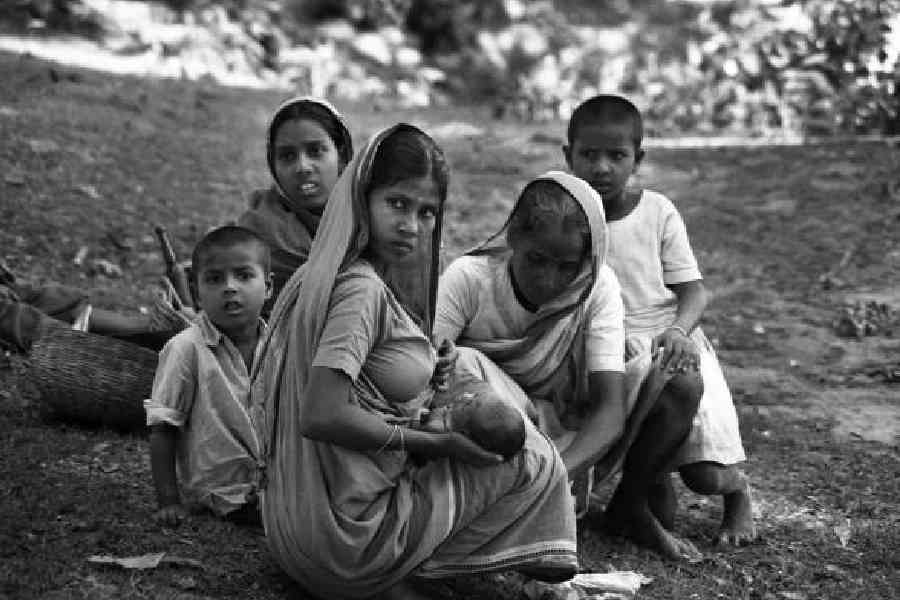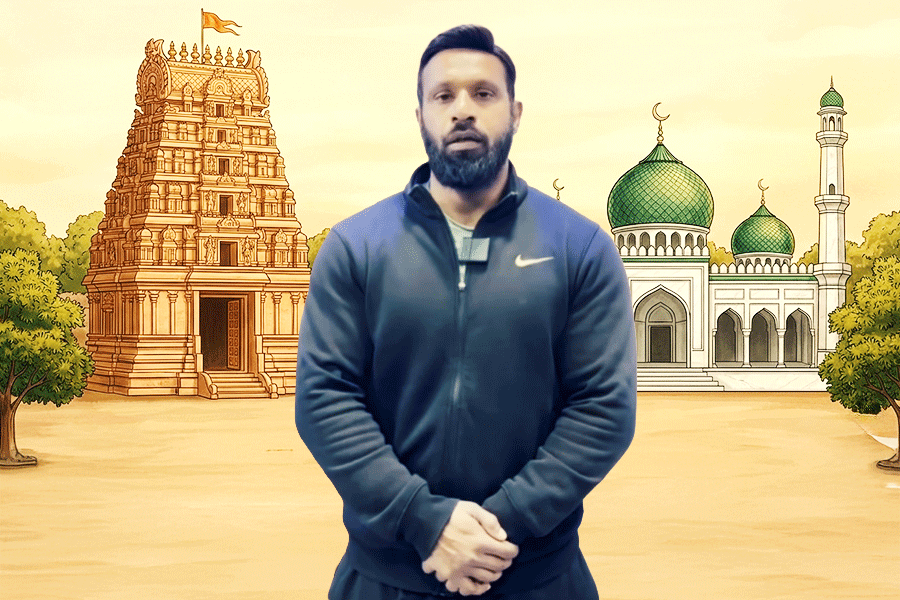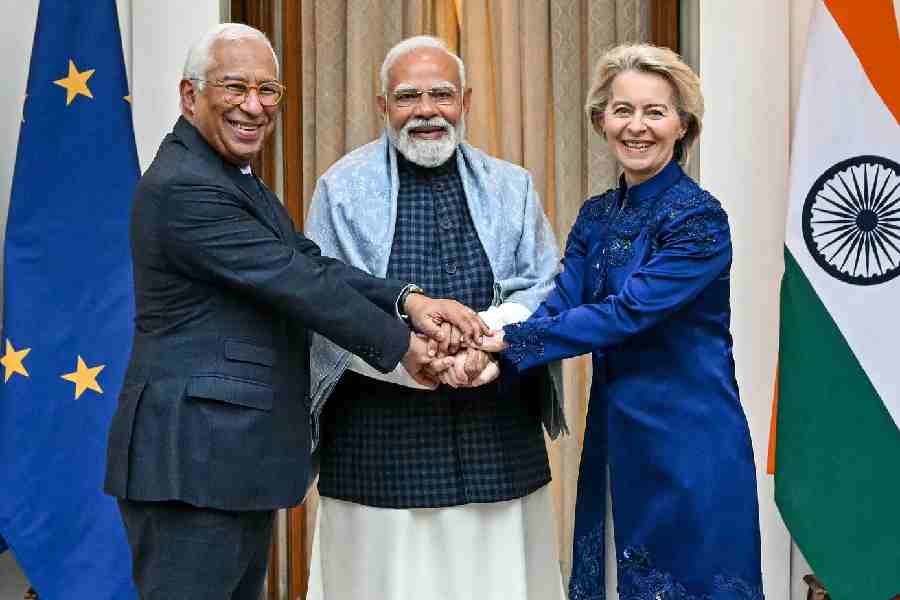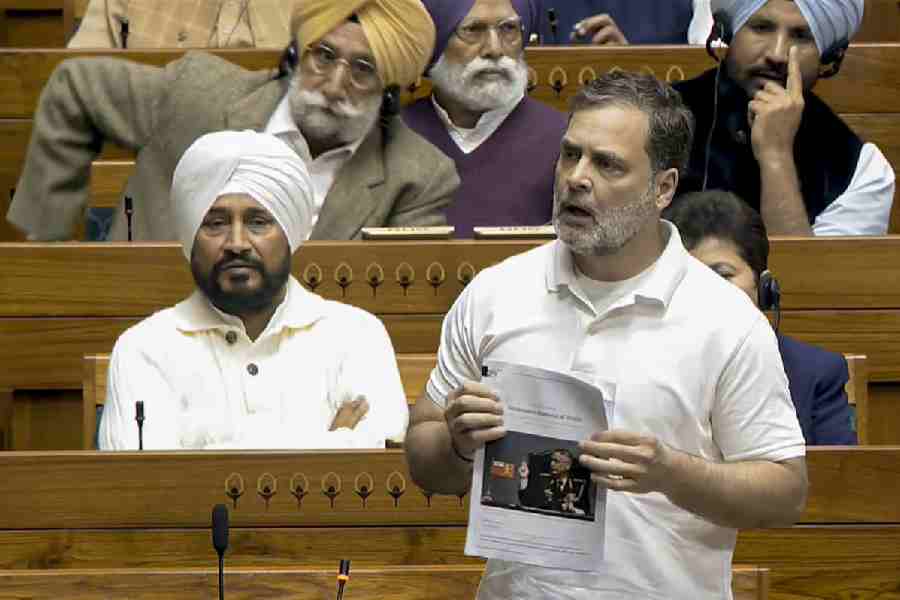Book name- COMING OUT OF PARTITION: REFUGEE WOMEN OF BENGAL
Author- Gargi Chakravartty
Published by- Tulika
Price- Rs 850
Gargi Chakravartty’s Coming Out of Partition offers a compelling and deeply nuanced account of the lives of Bengali refugee women, both Hindu and Muslim, in the wake of the Partition. Moving beyond the dominant narratives of trauma and victimhood, the book foregrounds the complex journeys of these women as they navigated the upheaval of displacement, rehabilitation, and survival. It traces how women, once confined to the domestic sphere, were thrust into public life by necessity and, in the process, redefined their identities and roles in society.
Chakravartty reframes the idea of Partition not as a singular moment of rupture but as an ongoing historical process. The violence in Bengal, she notes, was scattered and episodic and migration unfolded slowly over time rather than as a singular exodus. This allows her to explore refugeehood as a long-term condition, affecting generations to come, yet marked not just by loss but also by resilience, adaptation, and transformation. The book weaves together an impressive range of sources, from government documents, police records, legislative debates, literary texts to oral histories, offering a textured and multidimensional picture of refugee life from a feminist lens.
What makes Chakravartty’s work stand out is her ability to bring the official — the political — and the personal into meaningful conversation. Her own roots in East Bengal lend a palpable emotional depth to the narrative. The sensitivity with which she approaches her subjects is not just scholarly but also personal: she listens to the memories of those who stayed behind and those who migrated, capturing the layered sense of longing, rupture, and reconfiguration that defines post-Partition Bengali identities.
Crucially, the book challenges the dominant trope of the female refugee as merely a victim of violence and dislocation. While acknowledging these dimensions, Chakravartty centres the agency of refugee women who, through immense hardship, emerged as breadwinners, organisers, and political actors. She highlights how these women not only reshaped their personal lives but also played pivotal roles in reorienting the larger social and political landscapes of Bengal.
Coming Out of Partition is a gendered retelling of a historical moment that is too often narrated through the lens of male political actors or as a story of mass suffering. Chakravartty’s work reclaims space for women’s voices and actions, showing that out of the wreckage of Partition emerged a generation of women who redefined what it meant to be both refugee and citizen.










